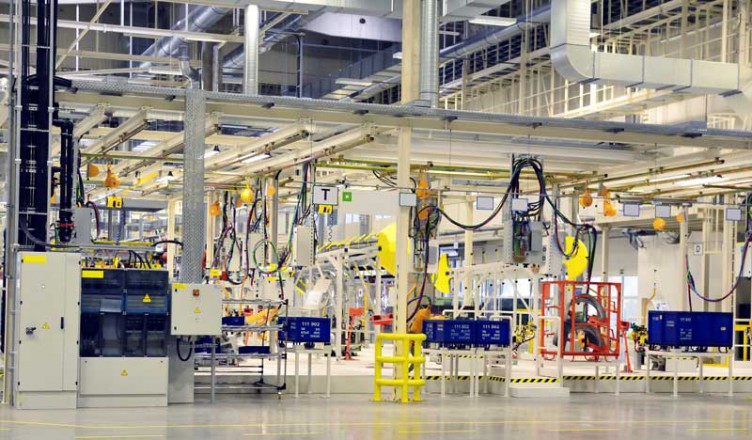Manufacturing companies are in a somewhat unique position among businesses. It can be rather difficult to meet cash flow needs without some sort of financing. This is because manufacturers often have to pay for supplies and materials with money borrowed while they way for payment from customers.
With manufacturing, large orders are a fact of the business. Customers order vast quantities of merchandise and supplies and other goods, and then they pay by invoice upon arrival. It can take anywhere between 30 days and 90 days to pay on an invoice. Unfortunately, your own suppliers may be awaiting payment for what they send you. But you may not be able to pay with ready cash. This is where capital becomes necessary.
Unfortunately, it can be difficult to get financing for such large sums. Banks are wary of lending in the current economy, and if your company is relatively new, or if you are growing rapidly, banks may not approve you for a loan. In these cases you must find other means of financing. One way you can do this, and a way that works especially well for manufacturing companies, is through a process called factoring.
Factoring and manufacturing companies
Factoring is a way that you can use the invoices that others owe you to get the cash you need up front to help you pay for supplies and materials – as well as overhead costs and wages for your employees. Here’s how factoring works:
- You meet with a factoring company, called a factor, and present your invoices.
- The factor determines whether your customers are credit worthy and decides which invoices he or she will buy from you.
- The cash value of the acceptable invoices is added up.
- The factor will charge a fee (usually a percentage of the total) for the service.
- You will receive between 50% and 90% of the face value of your invoices up front.
- You will receive the remainder of the invoice value, minus the fee, when the factor receives payment from your customers.
The key, here, is that you get a good sum of money upfront, that you can use to pay your own bills. This way, you have the cash you need to buy more materials and supplies, and to keep things running smoothly with your manufacturing company.
Case study: Manufacturing company in Ohio
In one instance, a manufacturing company in Ohio was able to keep its operations going, thanks to factoring. The company was relatively new, and received an initial startup loan. Things were going fine, with small order to local businesses. However, the company received its first large order for an out of state customer. In order to fulfill the order, the company needed more supplies, close to $15,000 extra. Unfortunately, there was not enough capital to buy the additional supplies.
The company went to the bank, and was denied. The bank was unwilling to give such a small, relatively new company yet another loan. No one else would approve the owner for a loan, either. When the owner thought that she would have to tell the new customer it was impossible to complete the order, she heard about factoring.
The outstanding invoices still owed to the manufacturing company from four smaller, in-state customers, totaled just over $21,000. If the owner could just get some money with which to purchase the additional supplies, she stood to make close to $32,000 from the large order. The factor found that the customers that owed the manufacturer money were low-risk, and offered $16,000 up front for the invoices. With that money, she was able to use the immediate cash to get the extra supplies and fulfill the order.
Now, she is on a regular schedule with factoring. She uses factoring as a way to ease cash flow and ensure that she has the cash available to buy needed materials as she waits for payment on orders already fulfilled. The process has worked out very well for her, especially since she can now factor invoices from her large customer – and because she does not have to go through a re-application process once a customer has been approved. She can factor whatever invoices she needs to, as the need arises.
Factoring can be of great benefit to a manufacturing company. It bridges the gap between what you need in terms of cash right now, and what money you will have when all of your outstanding invoices are paid.





